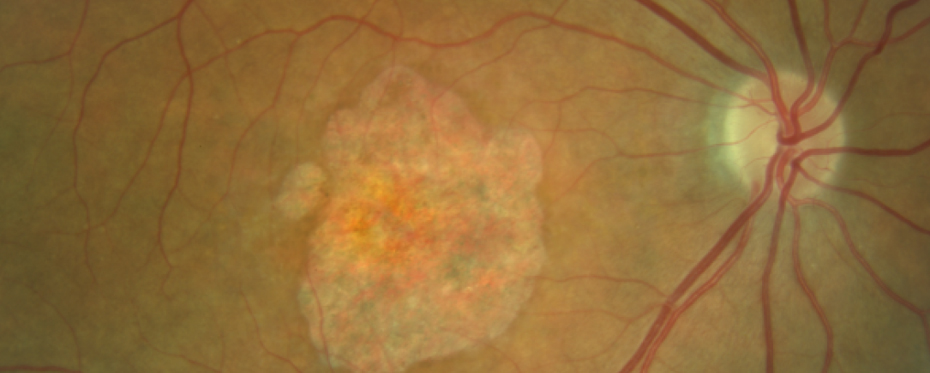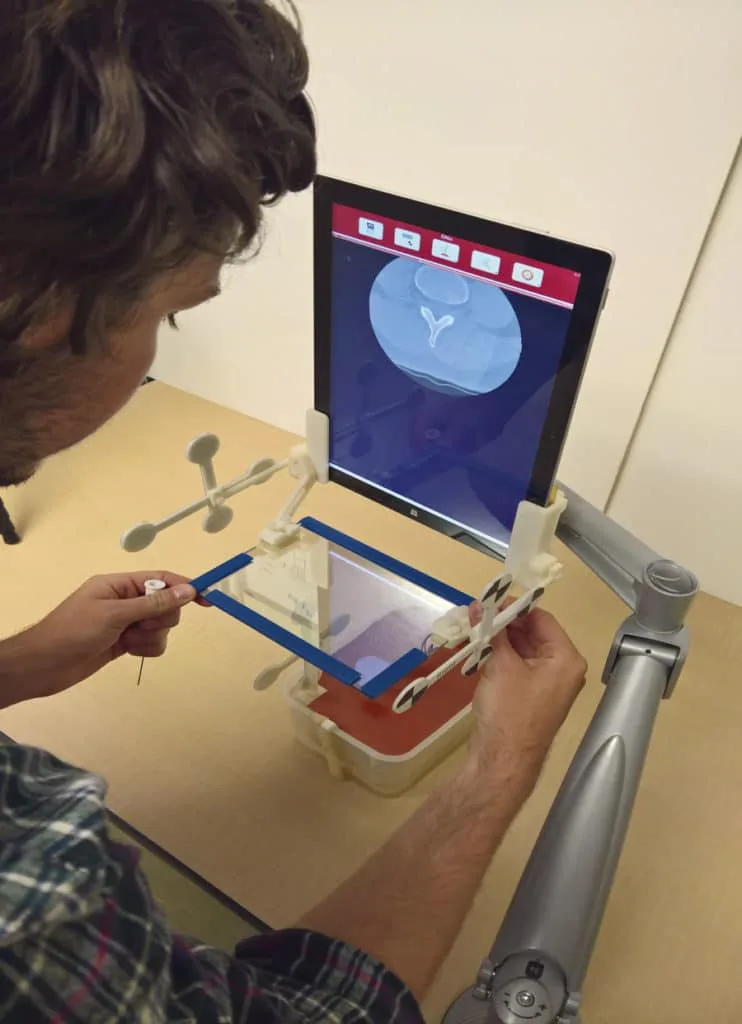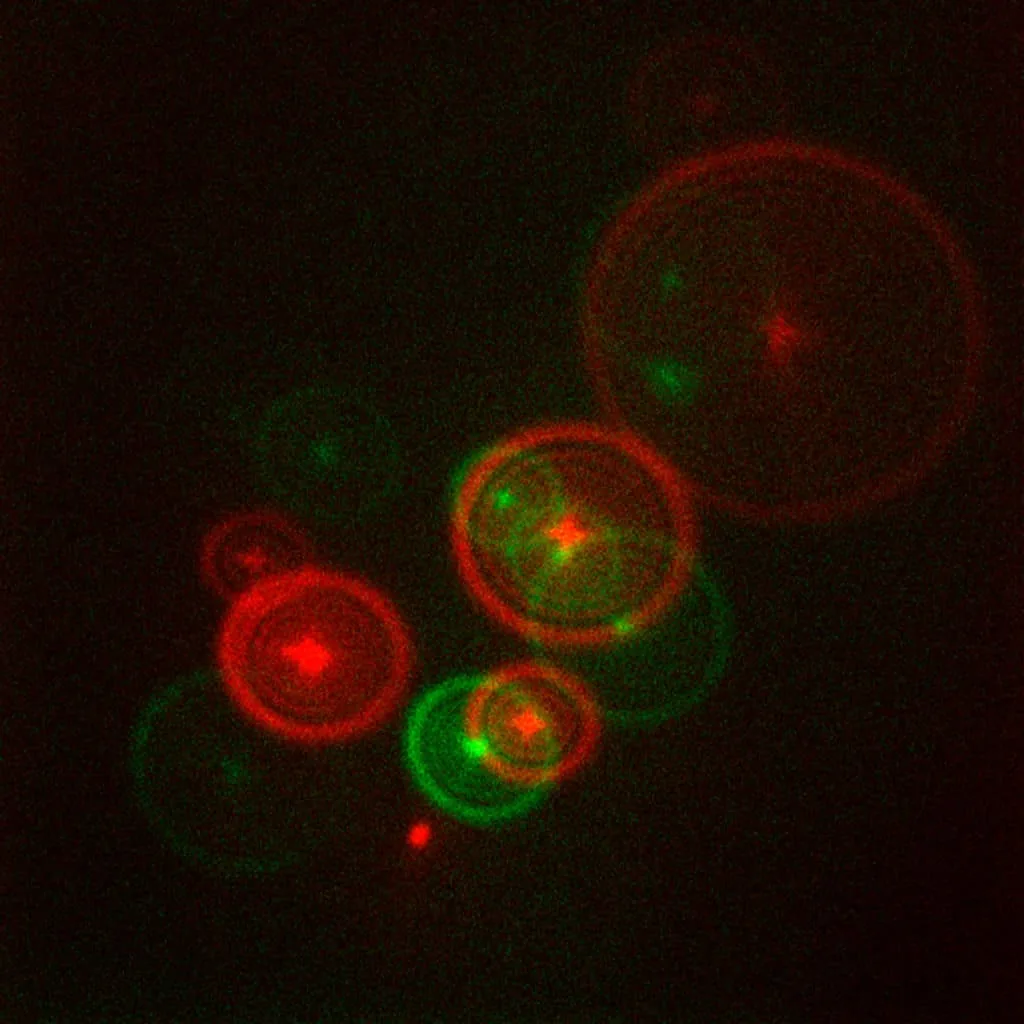Tag: imaging
Novel imaging technique could lead to early diagnosis of lung cancer

Non-small cell lung cancer is one of the most widespread forms of the disease. As with many other cancers, the best chance of survival comes with early diagnosis; unfortunately, at present this often doesn’t happen. In research that has the potential to improve the prognosis of lung cancer patients, Dr Claudio Scafoglio and colleagues at the University of California, Los […]
Read More… from Novel imaging technique could lead to early diagnosis of lung cancer
The untold stories of age-related macular degeneration

Age-related macular degeneration (AMD) is one of the leading causes of vision loss worldwide. It goes without saying there is a need for early diagnosis of this devastating disease and to provide patients with effective treatment. Professor Christine Curcio from the University of Alabama at Birmingham has been working on exactly that. Professor Curcio and her team aim to reveal […]
Read More… from The untold stories of age-related macular degeneration
Using technology to improve needle procedures

Dr Gabor Fichtinger is Chair of Cancer Care Ontario Research and Professor at Queen’s University School of Computing in Kingston, Ontario. His interests are in computer-assisted surgery and interventions. Dr Jan Fritz is the Director of Interventional MR Imaging and an Assistant Professor of Radiology and Radiological Science at Johns Hopkins University School of Medicine, Baltimore, Maryland. The two have […]
Read More… from Using technology to improve needle procedures
Novel 3D microscope provides unprecedented moving images of biological processes

Dr Chunqiang Li and his team of the University of Texas at El Paso have developed a novel three-dimensional (3D) optical microscope that uses a spectrally shaped pulse laser. Whilst most prior microscopes used scanning to achieve high speed 2D imaging, Dr Li’s approach obtains the z-position from a technique called ‘temporal focusing’ that use ‘diffraction’ rings and clever mathematics […]
Read More… from Novel 3D microscope provides unprecedented moving images of biological processes
The Synapse Neurobiology Training Program, training the next generation of neuroscientists

Research into the functions of synapses is crucial to understanding the mechanisms of highly prevalent brain disorders such as epilepsy, autism and Alzheimer’s disease. Professor Michele Jacob is the director of the Synapse Neurobiology Training Program (SNTP), located at Tufts Sackler School of Graduate Biomedical Sciences in Boston. SNTP provides predoctoral students with individualised, in-depth, multidisciplinary research training to investigate […]